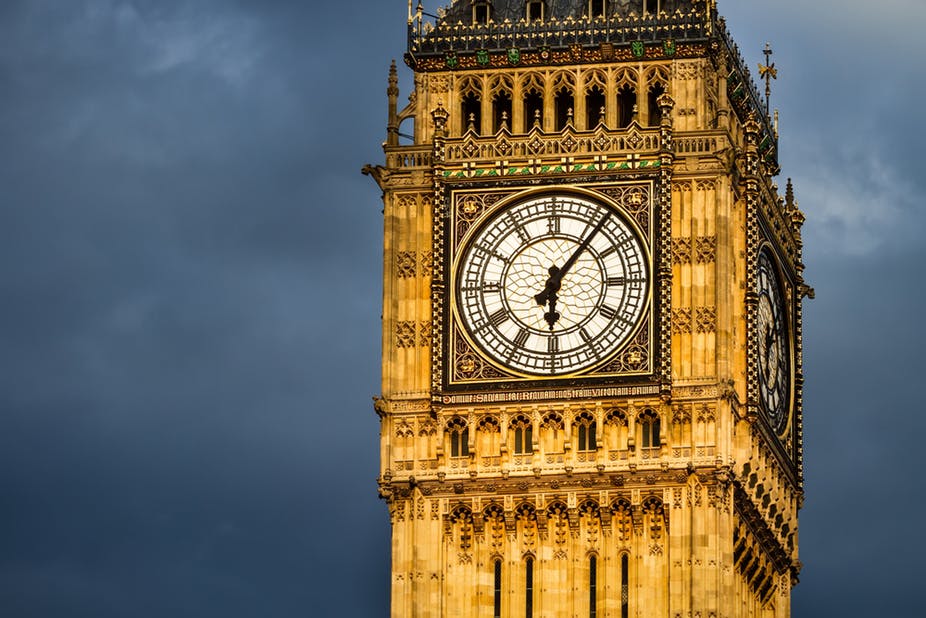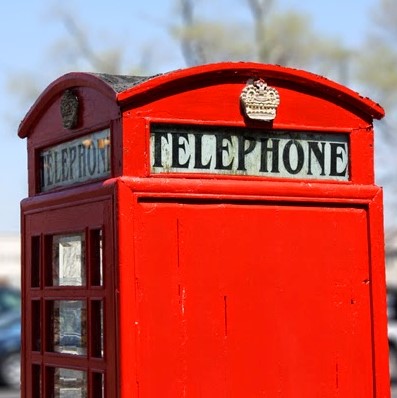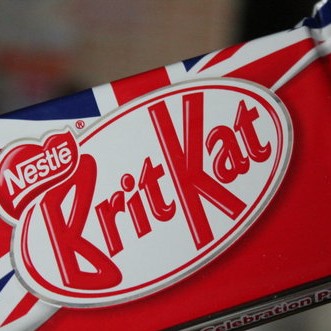
Having a rich culture and history. The British Isles began around 6000 BCE when they separated from mainland Europe due to sea level rises. A few dozen centuries later and the ever famous Stonehenge was built. In 600 BCE the Celtics arrived and began establishing settlements. Going into the AD centuries the isles suffered from multiple Roman invasions, most famously starting with Julius Cesar in 55 BCE. Then into the Medieval era Britain was invaded by even more civilizations including the Saxons, Vikings, and the French led by the famous William the Conqueror. As if to get revenge on the world, Britain would spend the next several centuries conquering other nations and developing the world's largest empire for which the sun only just set on that empire a little over a half century ago.
Learn More



